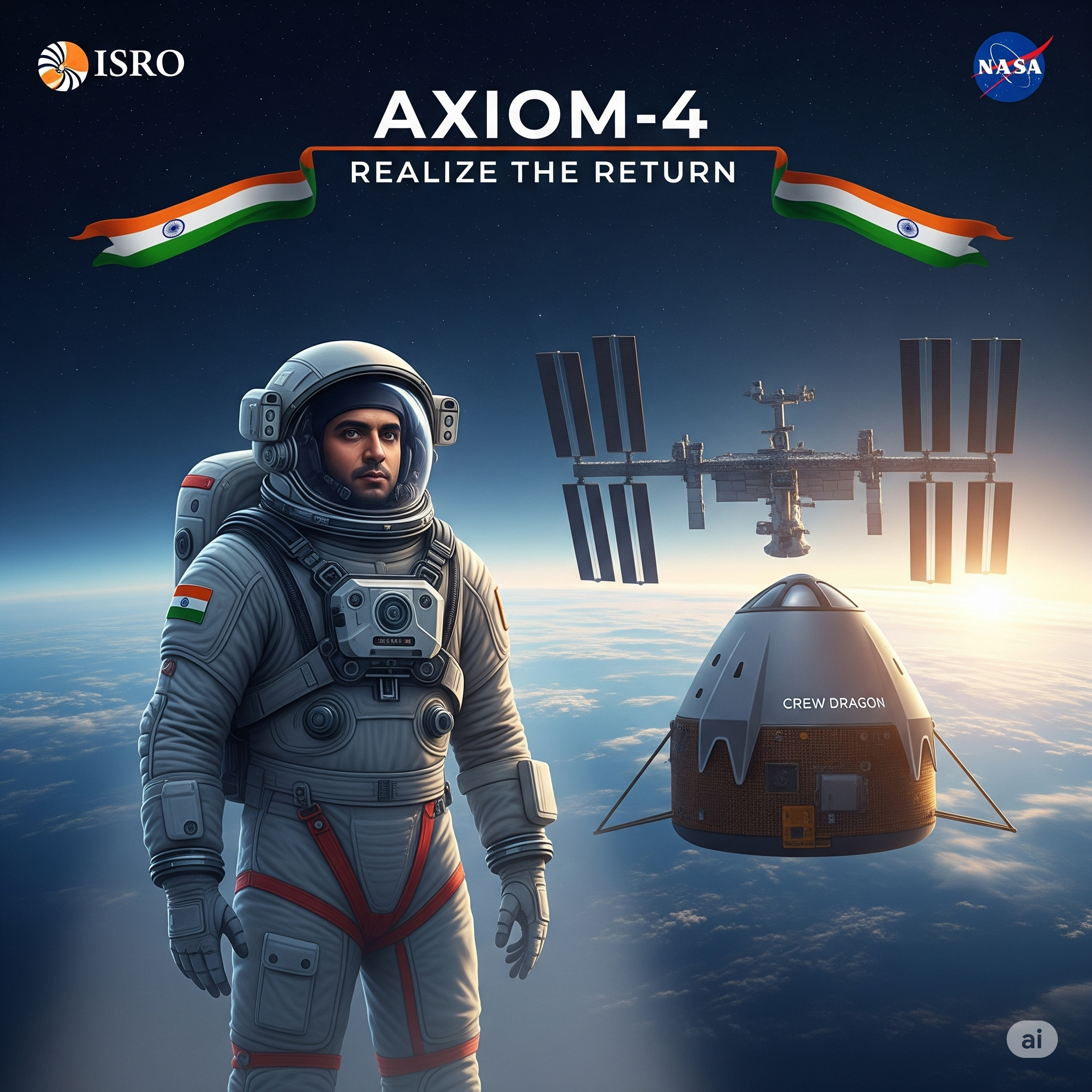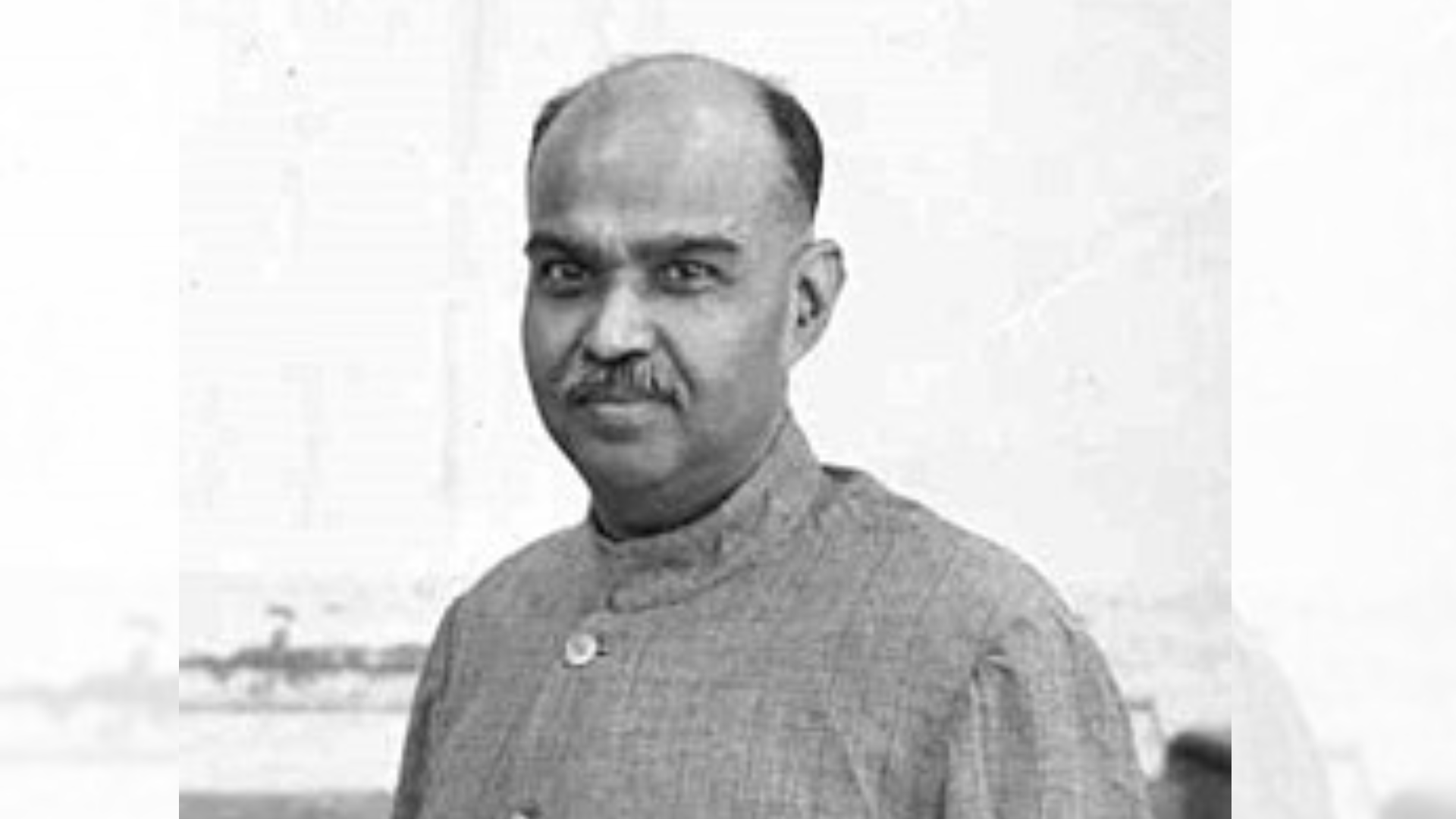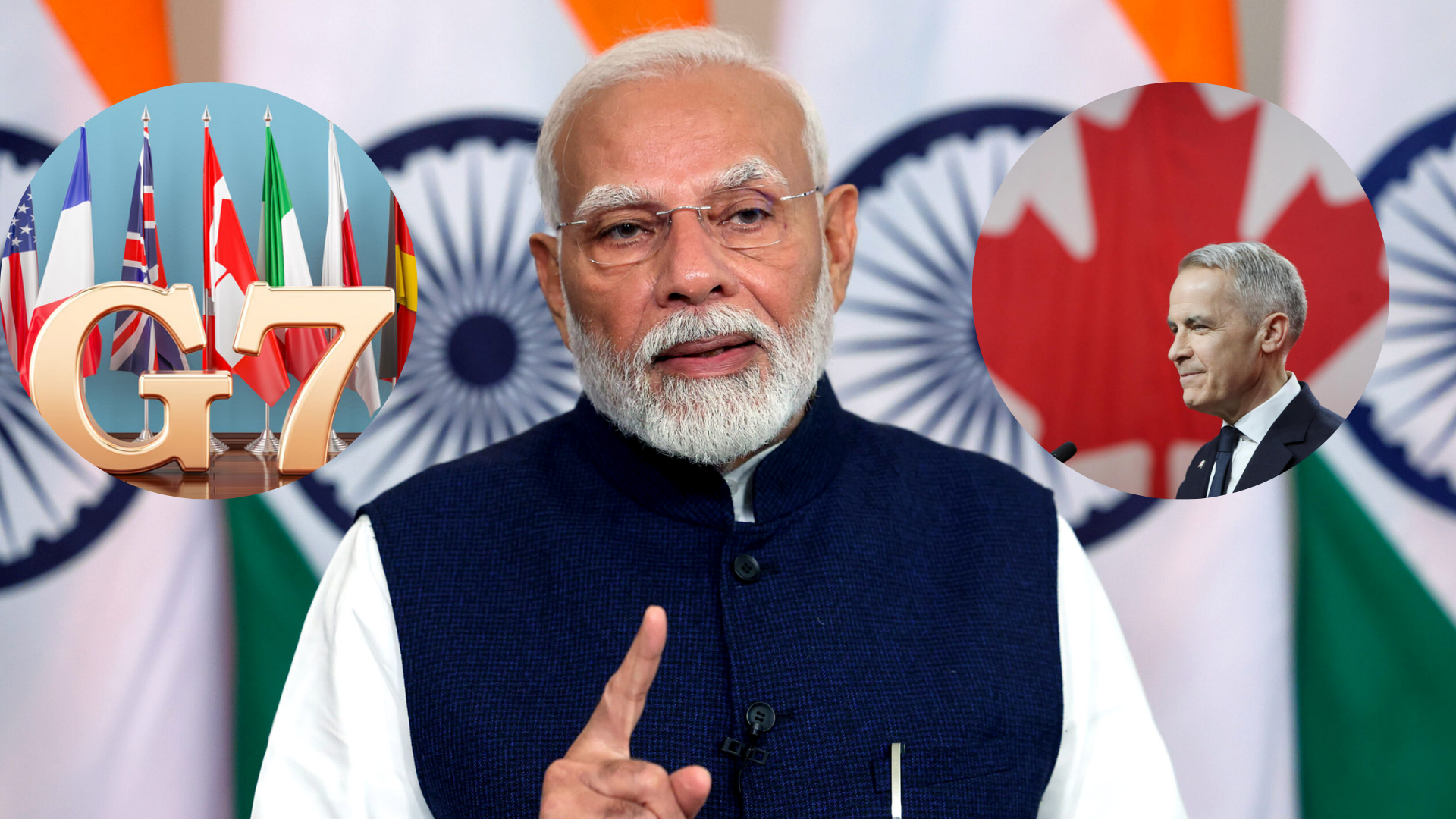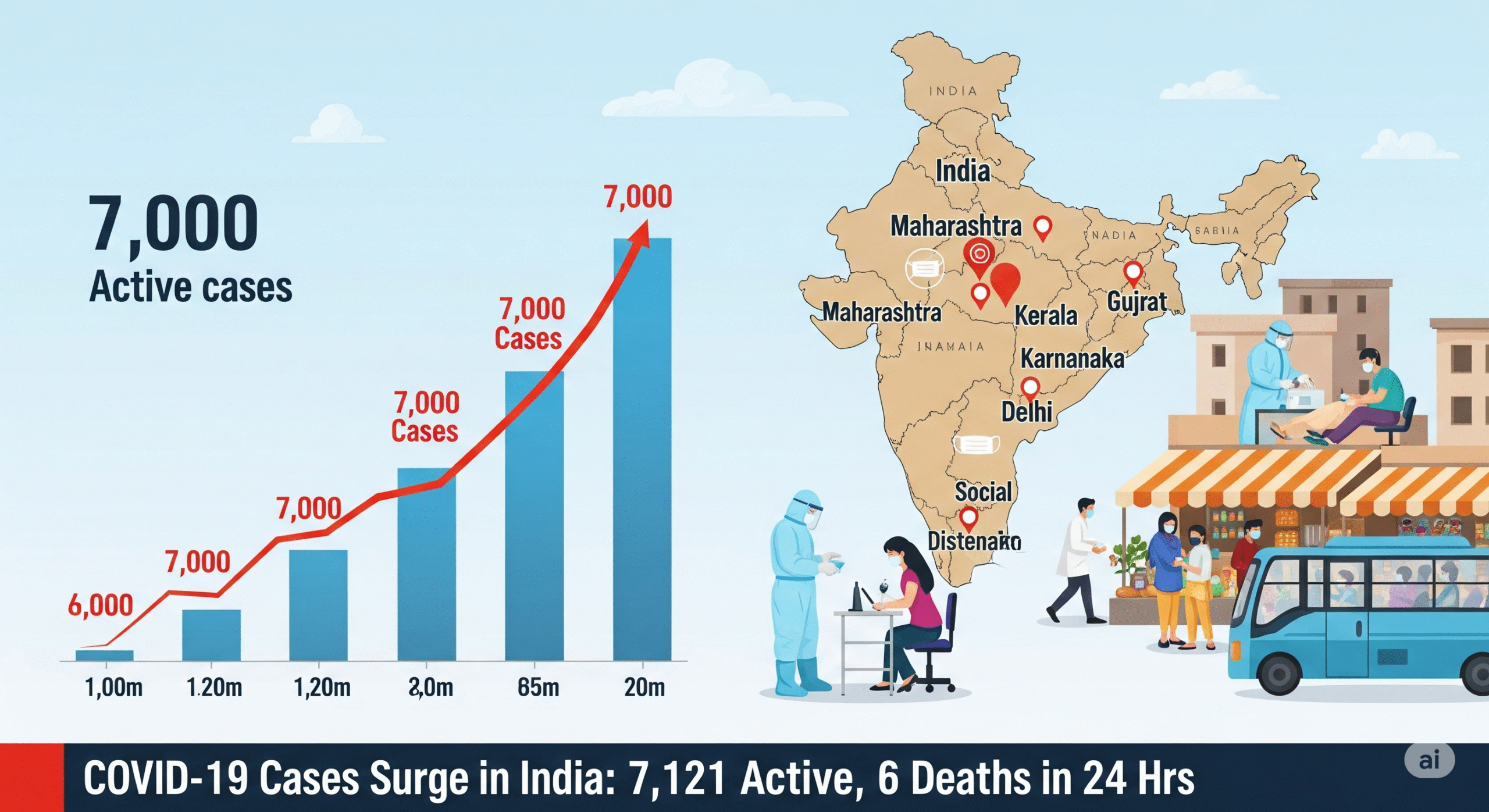Group Captain Shubhanshu Shukla is set to make history as the first Indian in over four decades to venture into space, and notably, the first Indian astronaut to visit the International Space Station (ISS). He is one of four astronauts selected for Axiom Space’s Axiom-4 mission, now rescheduled for launch on June 11 at 5:30 PM IST, due to weather conditions.
With Hungarian, Polish, and United States astronauts as his crewmates, Shukla will be piloting the Crew Dragon spacecraft on its 28-hour trip to the ISS. The docking is tentatively scheduled for 10 PM IST on June 12, with transfer of crew taking an additional few hours.
The mission is historic. Shukla is following in the footsteps of Rakesh Sharma, the first Indian space traveler, who had flown on a Soviet mission in 1984. While Sharma’s diplomatic trip was undertaken for a high-level gesture, Shukla’s mission is part of a commercial partnership between ISRO, NASA, and Axiom Space—a significant departure from India’s space ambition until now.
ISRO Chairman V. Narayanan and an 18-member Indian delegation are present at NASA’s Kennedy Space Center to observe the launch. Narayanan said the mission is significant for India’s future Gaganyaan human spaceflight program and that Shukla’s experience will provide crucial insights.
The Axiom-4 mission has a theme of “Realize the Return” because all three nations involved—India, Hungary, and Poland—are coming back to crewed space flights after decades. The mission is led by Peggy Whitson, an experienced astronaut who holds the record for the greatest number of days spent in space (675).
Shukla, affectionately called “Shux” by his fellow crew, will conduct seven ISRO-designed experiments onboard the ISS and participate in various global scientific studies. He will also engage in live interactions with Indian students, space enthusiasts, researchers, and industry leaders during his stay.
His participation stems from an agreement formed during the Indian Prime Minister’s 2023 visit to the U.S., where India and the U.S. committed to deeper cooperation in space. According to Science Minister Jitendra Singh, the knowledge gained from this mission will support not only Gaganyaan, but also future projects like Chandrayaan-4 and the Bharatiya Antariksh Station.
Contrary to 1984, India has erected immense infrastructure. India has two working launch pads, a human-rated launch vehicle, tested crew escape systems, and trained astronauts awaiting India’s first indigenous manned space mission, scheduled for 2027.
The Axiom-4 mission also provides India with first-hand experience in docking and undocking with the ISS, a crucial skill for future orbital missions and station development. Notably, this mission is commercial—India has paid around ₹50 crore for Shukla’s training, transport, and ISS stay.
Axiom Space is the private company organizing this mission. The firm had already conducted three missions to the ISS and will be building its own commercial space station in the next few years. Shukla’s mission is not a personal accomplishment but a giant step in the right direction of India reaching self-reliance and global collaboration in its space journey.








